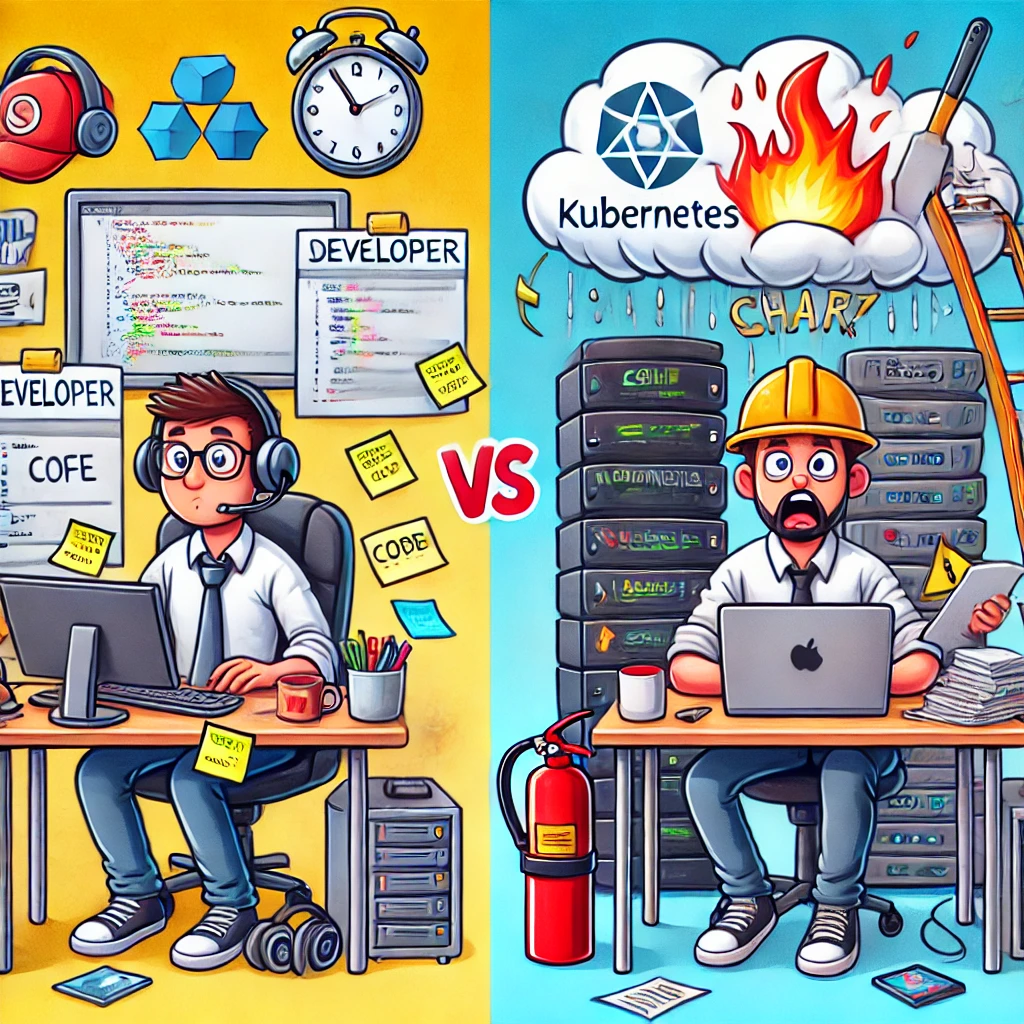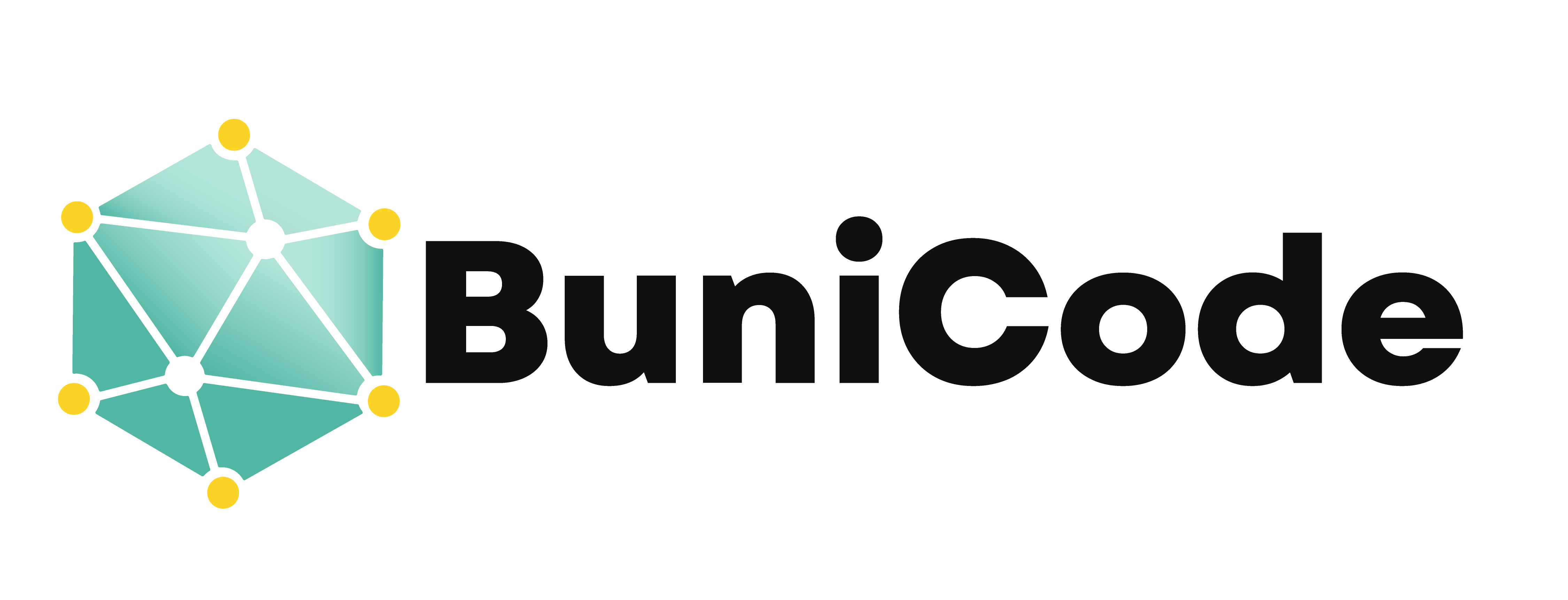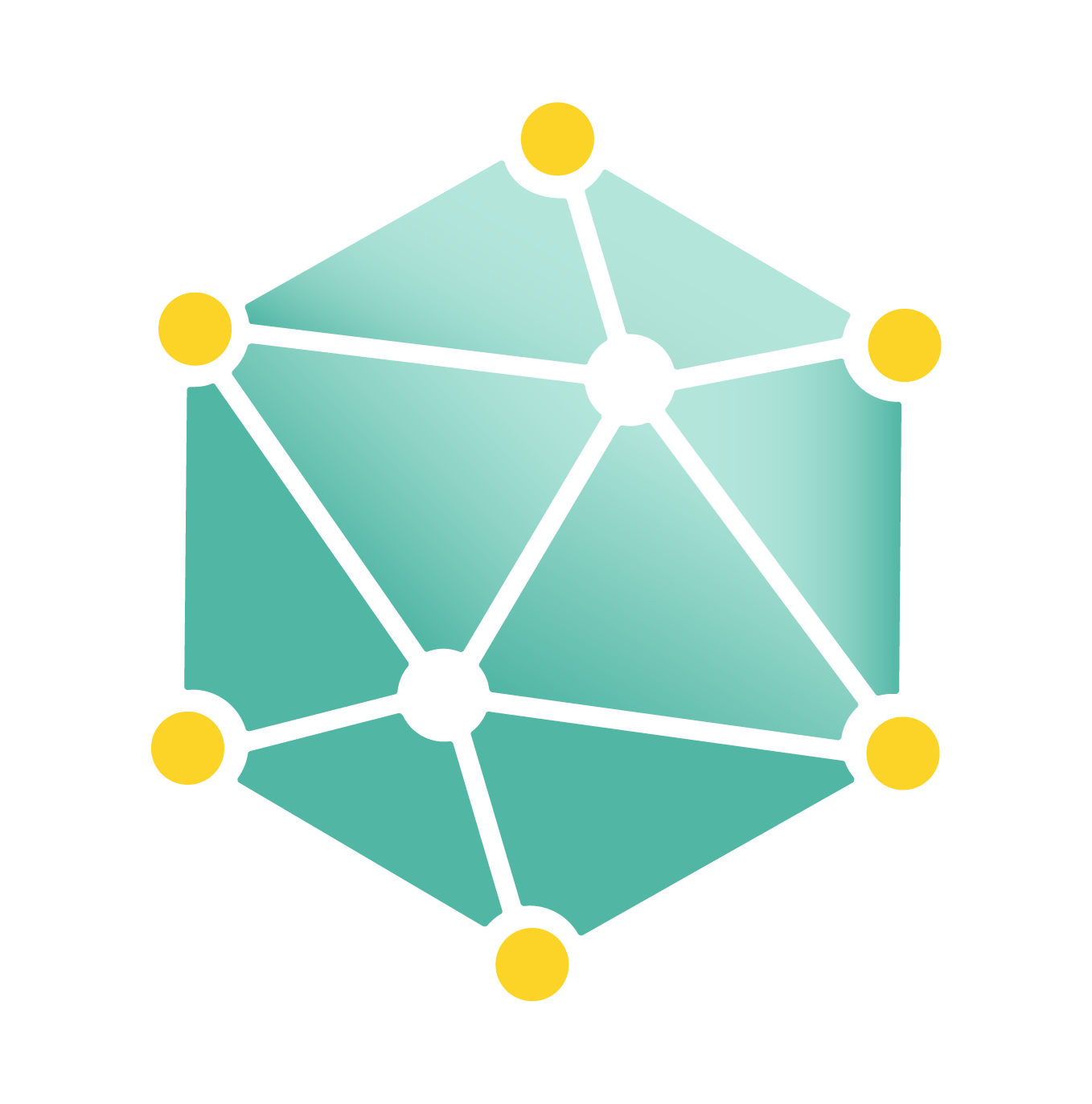
As technology continues to evolve, so do the roles within software development teams. Two commonly confused positions are DevOps engineers and software developers. While they often collaborate closely, their responsibilities, skill sets, and goals are quite different. In this article, we’ll explore the key differences between DevOps and developers, helping you better understand how both roles contribute to successful software delivery.
Whether you’re looking to hire a DevOps engineer or a custom software developer, or you’re simply curious about how modern development teams work, this guide will give you a clear breakdown of the distinctions.
What Is a Software Developer?
A software developer, sometimes referred to as a programmer or engineer, is primarily responsible for designing, writing, testing, and maintaining code. Developers build the actual applications users interact with, whether it’s a web app, mobile app, or enterprise system.
Key Responsibilities:
- Writing clean, efficient, and maintainable code
- Developing new features and functionalities
- Fixing bugs and performance issues
- Conducting unit testing and debugging
- Collaborating with designers and product managers to deliver user-focused solutions
Core Skills:
- Programming languages (e.g., JavaScript, Python, Java, C#)
- Frontend frameworks (React, Angular, Vue)
- Backend technologies (Node.js, Django, .NET)
- Database management (SQL, NoSQL)
- Git and version control systems
Software developers typically work in Agile environments, completing tasks during sprints, pushing frequent code updates, and ensuring their contributions align with the product vision.
What Is a DevOps Engineer?
A DevOps engineer bridges the gap between software development and IT operations. DevOps isn’t just a role—it’s a culture and set of practices designed to improve collaboration between development and operations teams.
Key Responsibilities:
- Automating infrastructure and deployment pipelines (CI/CD)
- Managing cloud environments and infrastructure-as-code (IaC)
- Ensuring high availability, scalability, and reliability of applications
- Monitoring performance and system health
- Enhancing security through automated compliance and governance
Core Skills:
- Cloud platforms (AWS, Azure, Google Cloud)
- Infrastructure automation tools (Terraform, Ansible, Puppet)
- CI/CD tools (Jenkins, GitHub Actions, GitLab CI)
- Containerization (Docker, Kubernetes)
- Logging and monitoring tools (Prometheus, Grafana, ELK Stack)
DevOps engineers focus on the end-to-end software delivery pipeline. They ensure that software can be reliably released, monitored, and maintained in production.
Developer vs. DevOps: Side-by-Side Comparison
| Aspect | Software Developer | DevOps Engineer |
|---|---|---|
| Primary Focus | Building software features and functionality | Automating deployment and managing infrastructure |
| Tools Used | Code editors, IDEs, Git, debugging tools | CI/CD tools, cloud platforms, IaC, monitoring tools |
| Collaboration | Works closely with product and design teams | Collaborates with developers and IT operations |
| Goal | Deliver quality application features | Ensure reliable, scalable, and fast deployments |
| Background | Strong in coding and computer science | Mix of software engineering and system admin skills |
Why Both Roles Matter
In modern software development, both developers and DevOps engineers play essential roles. Without developers, there’s no product to deliver. Without DevOps, that product may be difficult to deploy, scale, or monitor.
Together, these roles support Agile and DevOps culture by:
- Reducing the time between code commit and deployment
- Increasing the frequency and reliability of releases
- Creating feedback loops for continuous improvement
At BuniCode, we understand the importance of aligning development and operations. Our team includes experienced software developers and DevOps engineers who collaborate seamlessly to build scalable, secure, and production-ready applications.



